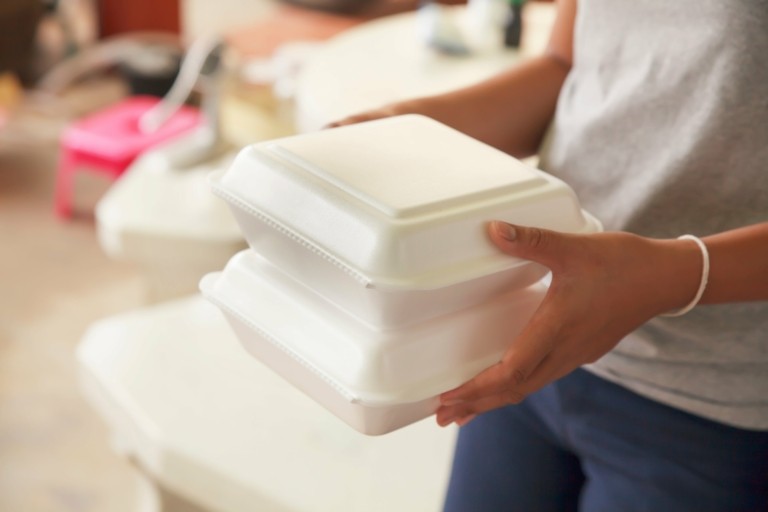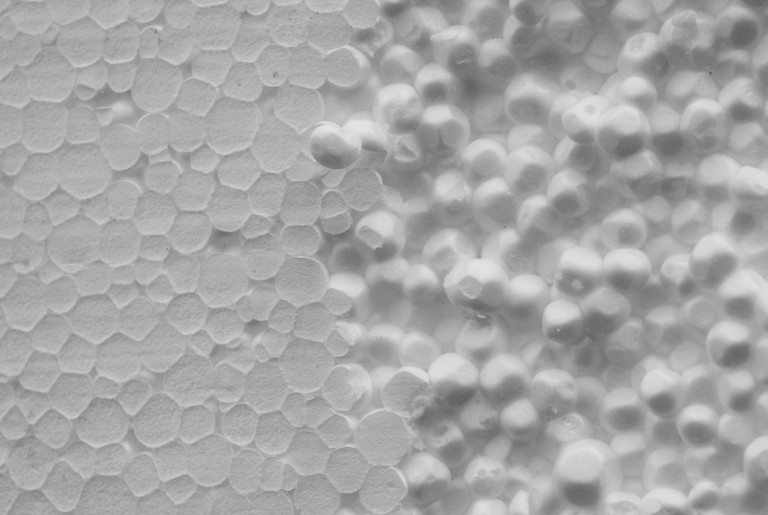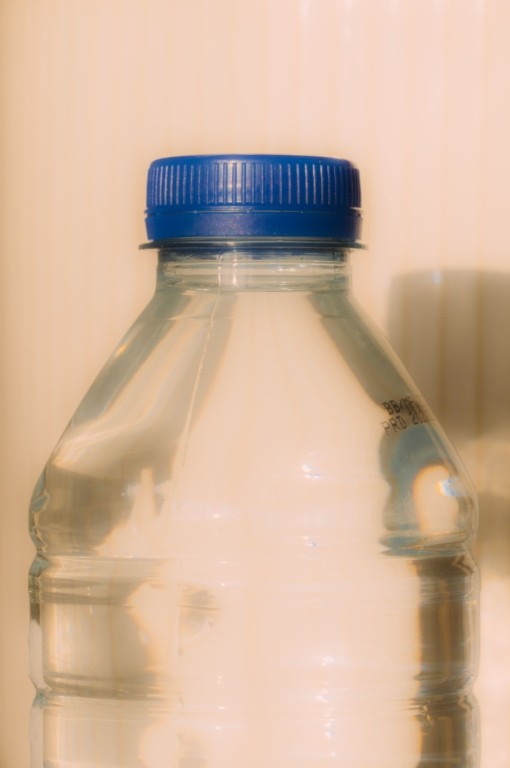
NOP IMPACTS
The U.S. Department of Agriculture National Organics Program (NOP) was created to ensure the credibility of the USDA Organics label by setting rules and regulations concerning the certification of organic products.
One rule requires compost feedstock to be free of non NOP authorized synthetics in order to be classified as organic. However, third-party certifiers of compost as an organic input are debating whether or not compostable plastics are acceptable synthetic substances. Despite no definite ruling from the NOP, some compost certifiers are determining that compost from facilities that accept compostable plastics does not meet USDA organic standards.To further complicate the organics certification issue, the Canadian Organics program and the European Organics program both accept biodegradable plastic products in their feedstock. Both of these programs have an equivalency agreement with the US, meaning organic products from Europe and Canada may be sold in the US, and vice versa.
At the heart of the debate is whether or not the processes used to create compostable plastics cause them to be classified as unacceptable synthetics. If the NOP decides these processes disqualify bioplastics as a feedstock for organic certified compost, commercial composters who produce organically certified material will need to either invent a means to economically remove bioplastics from feedstock, or refuse any source of material that includes bioplastics. Currently, there is a coalition of composting plastics industry stakeholders who are developing a strategy to engage the NOP in order to classify plastics that meet ASTM D6400 (those which compost readily in a commercial setting) as an allowable synthetic. While the process for petitioning the NOP for inclusion on their list of allowable synthetics is fairly straightforward, a significant amount of information is needed and the petition handling by NOP staff can be lengthy – often two to three years. There is reasonable cause for concern that a ruling by the NOP may not result in a desirable outcome.
The full report from the US Composting council can be found here.
http://compostingcouncil.org/admin/wp-content/plugins/wp-pdfupload/pdf/3186/Compostable%20Plastics%20101%20Paper.pdf



